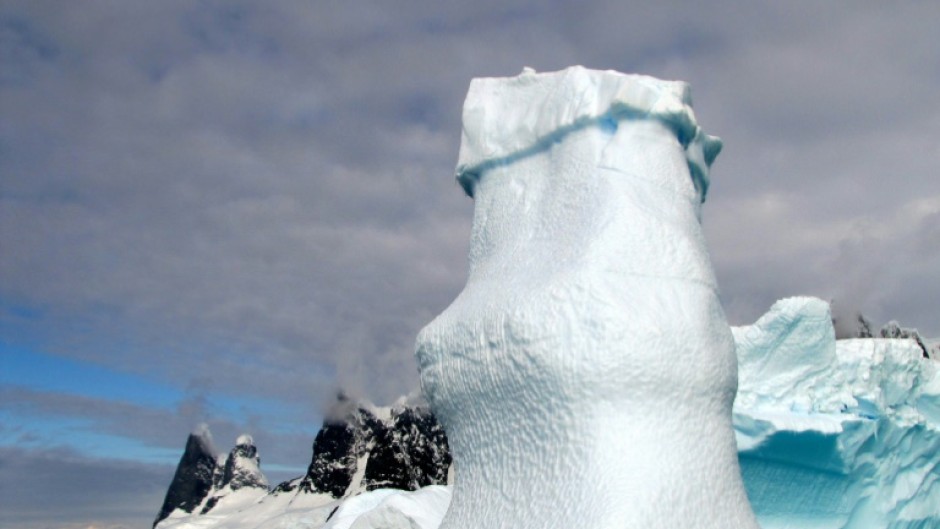SYDNEY - Australia moved to protect a swathe of ocean territory by expanding an Antarctic marine park that is home to penguins, seals, whales and the country's only two active volcanos.
The marine reserve - Heard Island and McDonald Island - located 1,700 kilometres from Antarctica, will quadruple in size under the announcement.
This means 52 percent of the nation's seas will be protected, a government statement said, cementing Australia's place among leading countries safeguarding seas.
It will also see Australia blitz the global 30 percent United Nations target by 2030 that Australia signed up to in 2022.
Environment Minister Tanya Plibersek said the announcement was a "huge environmental win".
"This is a unique and extraordinary part of our planet. We are doing everything we can to protect it," she said.
Australia's remoteness and vastness means it is somewhat easier to protect oceans than in other countries, particularly in parts that are used less frequently for fishing.
For example, commercial fisheries are a vital part of Tasmania's economy - the local abalone industry provides about 25 percent of the annual global harvest - and only 1.1 percent of its waters are protected, government data show.
WWF-Australia's head of oceans Richard Leck said the country had a "significant amount of work to ensure our network of marine parks is comprehensive, adequate and representative".
He added strong protections were still missing for many key ocean conservation areas.
"Australia is a global biodiversity hotspot and one of the world's largest coastal nations, so it's important that we do some of the heaviest lifting to care for our precious marine ecosystems and the species they call home," he said.
But Leck said the final plan did not protect "some of the islands' highest priority conservation areas", including critical foraging habitat for king penguins and black-browed albatross.
"Without increased protection, these critical foraging grounds will remain exposed to pressures like commercial fishing," he said.

